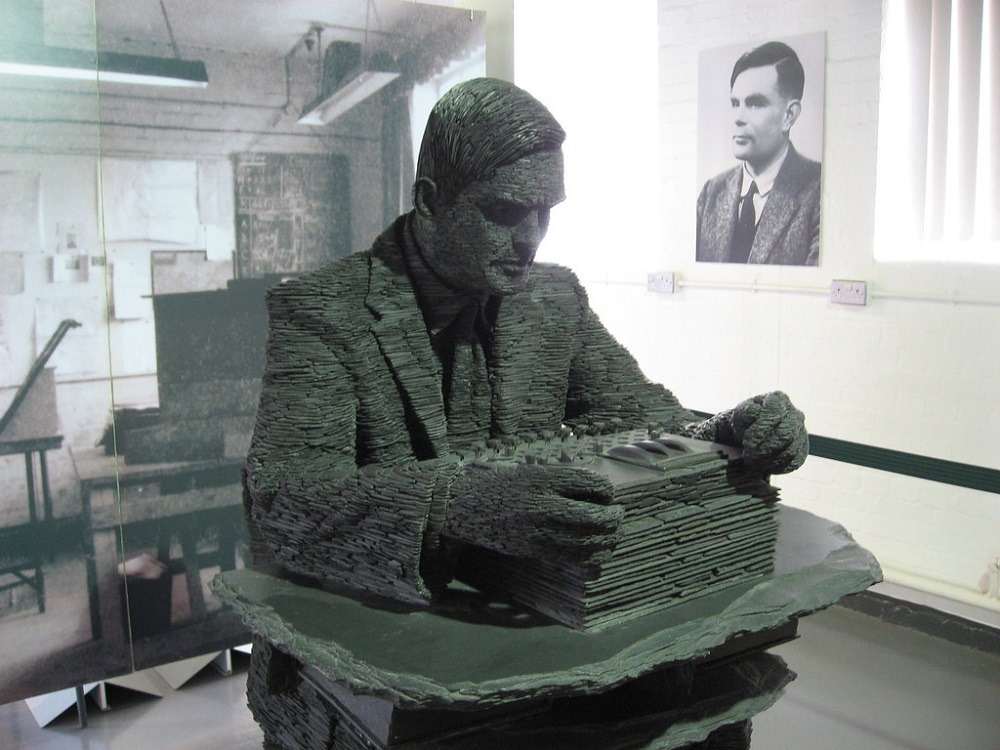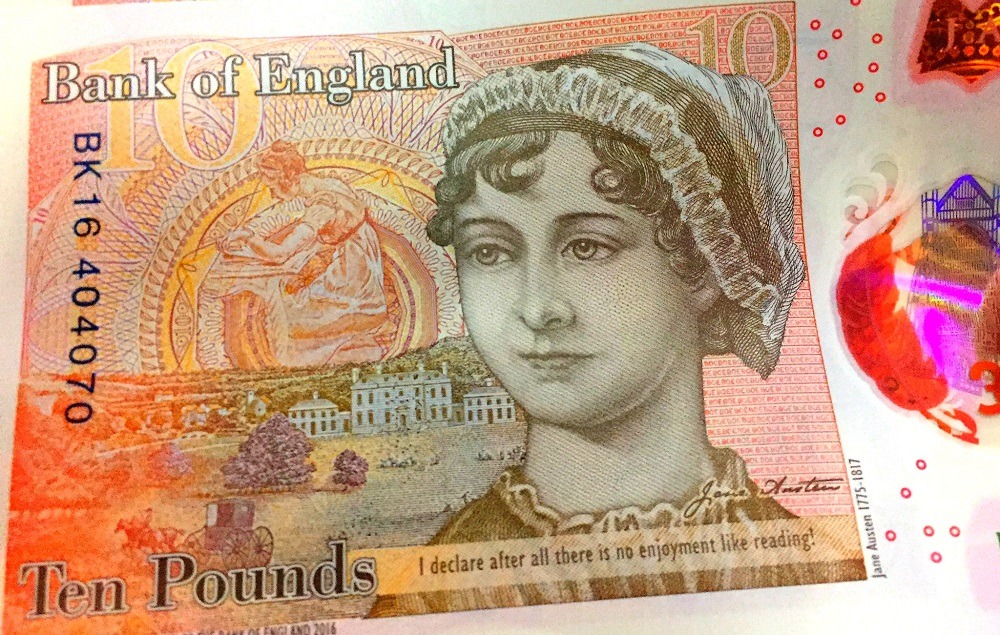Bank of England governor Mark Carney selected Alan Turing from a 12-strong shortlist of scientific luminaries to feature on the new £50 note

Concept design of the Alan Turing £50 note (Credit: Bank of England)
English scientist and mathematician Alan Turing has been chosen as the face of the new £50 note in the UK, which is expected to be in circulation by 2021.
The final decision on his selection was made by the Bank of England governor following a public nomination period, during which 989 eligible characters were suggested from the diverse fields of science and whittled down to a shortlist of 12.
Turing was a pioneering figure in the development of modern computer science, perhaps best known for his contribution to breaking the German Enigma code for Allied forces during the Second World War.
Bank of England governor Mark Carney said: “Alan Turing was an outstanding mathematician whose work has had an enormous impact on how we live today.
“As the father of computer science and artificial intelligence, as well as war hero, Alan Turing’s contributions were far ranging and path breaking.

“He was insatiably curious about the world around him. He had a mind that ranged freely and widely, and he approached a variety of seemingly intractable problems and found answers that had passed others by.
“His genius lay in a unique ability link the philosophical and the abstract with the practical and the concrete.
“All around us his legacy continues to build. Turing is a giant on whose shoulders so many now stand.”
New £50 note will continue replacement of paper notes with polymer
Images depicting Turing – who was portrayed by Benedict Cumberbatch in the 2014 Oscar-winning film The Imitation Game – and his work will appear on the reverse side of the new £50 note, as the Bank of England continues its roll-out of polymer-based currency to replace paper versions.
Polymer bank notes incorporate a range of security features not available to their paper-based counterparts and are more durable – meaning both the financial and environmental costs of replacing them is much lower.
In the UK, the central bank began swapping out paper currency for plastic in 2016, when new £5 notes depicting Sir Winston Churchill were issued, followed a year later by £10 notes portraying Jane Austen.

A polymer £20 featuring the artist JMW Turner is due to be issued during the first half of 2020.
With figures from British politics and the arts having already been honoured by these polymer notes, the theme for the new £50 was chosen to be the fields of science.
The shortlisted candidates ranged from astronomers and chemists to mathematicians, including the likes of Stephen Hawking, James Clerk Maxwell and Rosalind Franklin.
Bank of England chief cashier Sarah John said: “The strength of the shortlist is testament to the UK’s incredible scientific contribution.
“The breadth of individuals and achievements reflects the huge range of nominations we received for this note, and I would to thank the public for all their suggestions of scientists we could celebrate.”
Alan Turing’s ‘fearless approach’ made him a giant of computer science and artificial intelligence
Aside from his instrumental role in cracking German military encryption at Bletchley Park during WW2, Turing is well known for his foundational contribution to theoretical computer science and artificial intelligence.
He devised what is now known as the Turing Test – a method by which to evaluate a machine’s capacity for intelligent behaviour against that of a human.

A conviction for homosexual activity – which was a criminal offence in the UK during the 1950s – resulted in Turing’s legacy being overlooked for a long time after his death in 1954.
Public campaigning led to former Prime Minister Gordon Brown issuing an official apology for this treatment in 2009 and, in 2013, the Queen granted Turing a full posthumous pardon.
Turing’s legacy inspired the establishment of the Alan Turing Institute, a London-based research centre for data science and artificial intelligence.
The institute’s director and chief executive Adrian Smith said: “Alan Turing continues to inspire us here at the national institute for data science and AI named in his honour.
“We’re incredibly proud of his legacy, and delighted that he will now grace the £50 note.
“Turing’s fearless approach to daunting problems and his intellectual curiosity still have a remarkable influence today across different disciplines and communities.”
